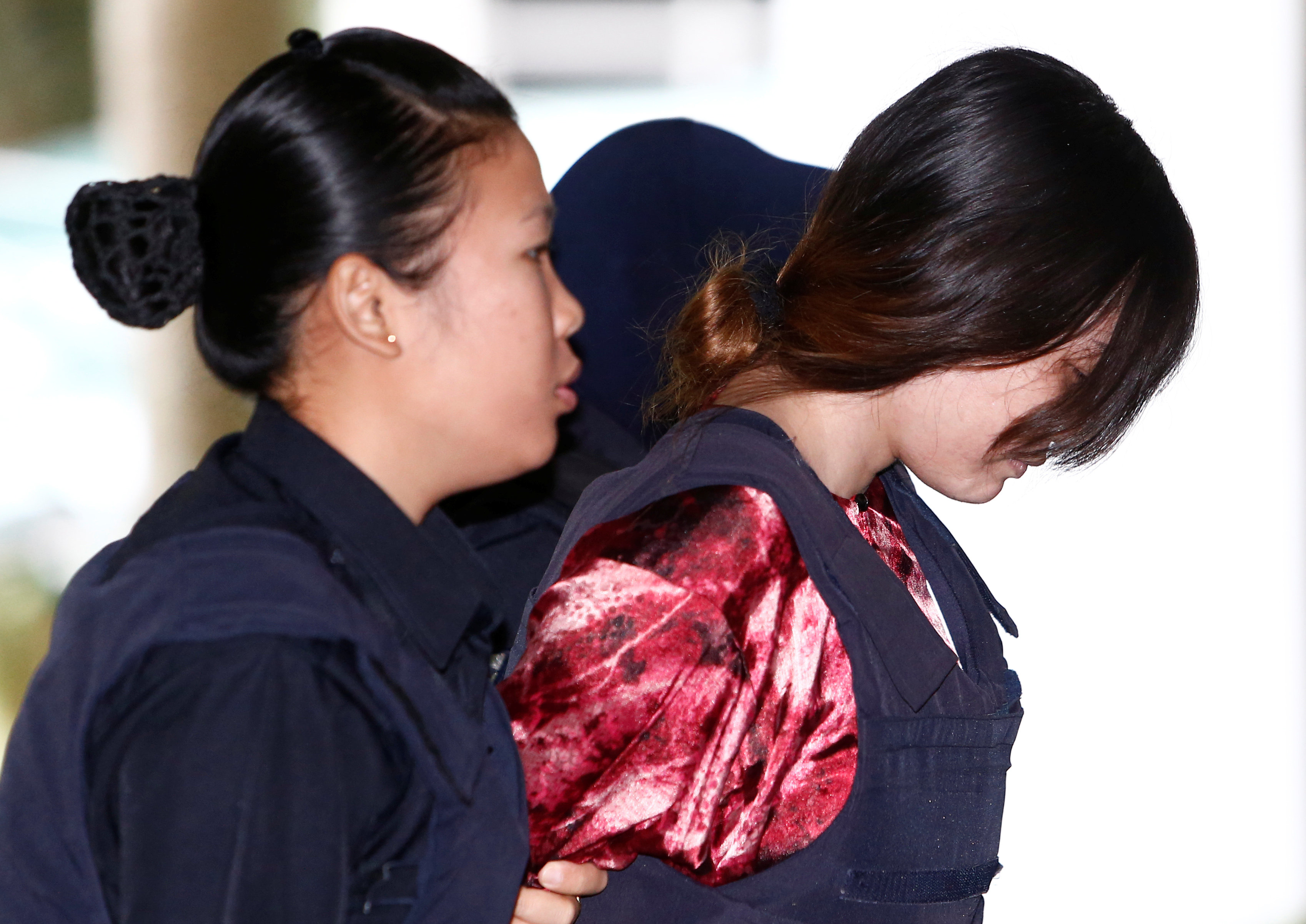
By David Morgan and Richard Cowan
WASHINGTON (Reuters) – A brother of George Floyd, whose killing in Minneapolis sparked protests around the world, asked the U.S. Congress on Wednesday to stop the pain of black people caused by police violence.
“I’m here to ask you to make it stop. Stop the pain,” a tearful Philonise Floyd, 42, said in testimony before the House of Representatives Judiciary Committee. “George called for help and he was ignored. Please listen to the call I’m making to you now, to the calls of our family and the calls ringing on the streets of all the world.”
George Floyd’s death on May 25 after a policeman knelt on his neck for almost nine minutes was the latest in a string of killings of African-American men and women by police that have sparked anger on America’s streets and fresh calls for reforms.
“Justice for George,” Philonise Floyd told reporters on his way into the hearing venue.
The Judiciary Committee is preparing to shepherd a sweeping package of legislation, aimed at combating police violence and racial injustice, to the House floor by July 4, and is expected to hold further hearings next week to prepare the bill for a full House vote.
“The nation demands and deserves meaningful change,” Judiciary Committee Jerrold Nadler said at the start of the hearing in the U.S. Capitol.
“We must remember that he is not just a cause, a name to be chanted in the streets. He was a man. He had a family. He was known as a gentle giant. He had a rich life that was taken from him far too early and we mourn his loss,” Nadler said.
Representative Jim Jordan, the committee’s top Republican, said “the American people understand it’s time for a real discussion, real debate, real solutions about police treatment of African-Americans.” He also praised President Donald Trump’s efforts in response to Floyd’s death and subsequent protests.
Lawmakers also heard urgent pleas from civil rights advocates for strong reforms and more funding for social services in minority communities, as well as vocal support for police from three witnesses called by Republicans.
Some witnesses and lawmakers participated by video link to ensure social distancing during the coronavirus pandemic.
The Fraternal Order of Police has welcomed the bill’s introduction, saying in a statement that further discussions could produce a law capable of having a positive impact on law enforcement and policing.
Senate Republicans are working on rival legislation, due to be released on Friday, which touches on many of the same areas but emphasizes the collection of data rather than changes in laws and policies in key areas.
Kayleigh McEnany, a spokeswoman for Trump, said on Wednesday he could take policy action on race and policing via an executive order. McEnany declined to offer specifics in her comments to Fox News.
The Republican-led Senate Judiciary Committee will hold its own hearing next Tuesday.
(Reporting by David Morgan and Richard Cowan; editing by Scott Malone)



